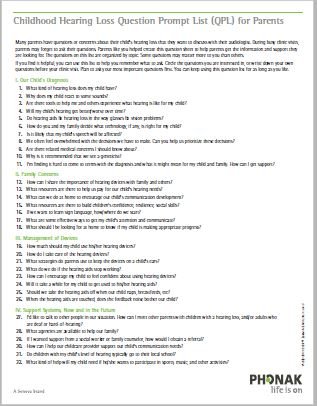
Improving patient relationships by giving up the driver’s seat
Two drivers, one bus – A novel tool for promoting pediatric family-centered care.
There’s a popular children’s book called, “Don’t let the pigeon drive the bus” by Mo Williams. In the beginning of the story, the bus driver instructs the reader not to let the pigeon drive the bus while he is away. Once the driver leaves, the pigeon nags the reader to give him a chance to get behind the wheel. Although he begs, screams and schemes, ultimately the driver returns before Pigeon convinces the reader to take the bus out for a drive. Pigeon then sets his sights on a new vehicle -a truck!
Sharing the wheel with families in hearing healthcare
In the context of healthcare and audiology, clinical interactions have historically been provider driven –clinicians drove the bus. Healthcare professionals relied mainly on research, field-specific knowledge and expertise to develop testing and treatment plans for patients and families. Over time, however, the way we approach patient care has evolved. There is growing recognition of the additional importance of family engagement for addressing unique patient factors and fully supporting families. Family-centered care has become a cornerstone of best practice in audiology. It promotes communication, relationship development, and mutual respect throughout the patient journey. By forging parent partnerships and practicing active listening, clinicians gain insight into family’s concerns, and are better poised to address their needs.
Adapting Mo William’s story to the audiology clinic, pediatric family-centered care (FCC) suggests the provider and family should take turns driving the bus, or at least that the family should participate in navigating along the way! How can a provider drive the bus without knowing where the family needs to go? In an effort to support implementation of pediatric FCC in audiology, Phonak partnered with field experts to develop educational tools and materials for clinicians and families. One of these resources is the Childhood Hearing Loss Question Prompt List (QPL) for parents.
 Pediatric QPL helps clinicians tailor their counseling
Pediatric QPL helps clinicians tailor their counseling
This Pediatric QPL contains common questions parents have throughout a child’s hearing journey. It encompasses topics including hearing loss diagnosis, family concerns, technology and devices, and organizations and supports. Some questions are information-based such as, “What do we do if the hearing aids stop working?”, whereas other address emotional and psychosocial aspects of hearing loss. Parents are asked to review the question list and place asterisks beside items they want to discuss. If need be, they assign a priority order so the top 2- 3 questions can be addressed immediately, and less pressing items can be reserved for discussion at subsequent appointments. This list helps families identify and express their questions and concerns, and aids clinicians in tailoring their counseling to address each family’s priorities. The exercise not only fosters parent-provider communication, but acts as a map for providers to determine where a family is and where they want to go.
The Parent QPL offers a novel family-centered counseling tool that encourages parents to drive discussion. Providers…Will you take a back seat and let Pigeon take the wheel?
For more information on Family-Centered Care resources, please visit the Phonak resources webpage.
